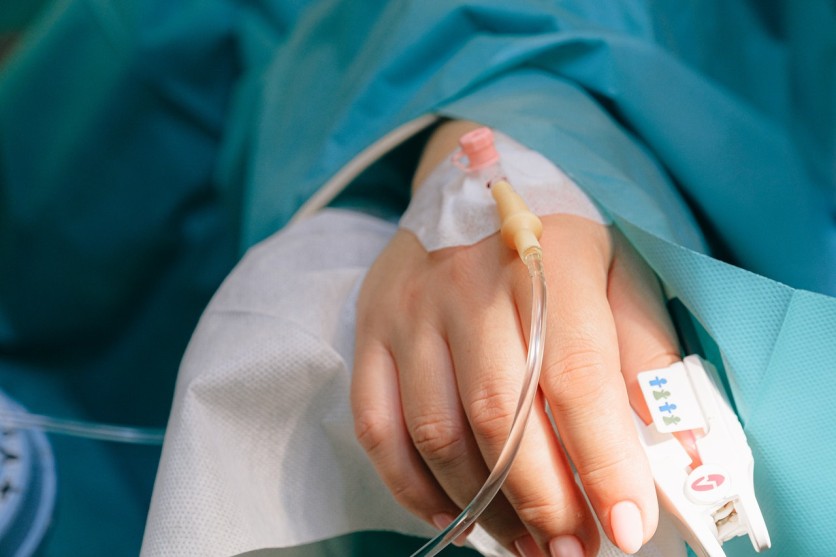Coronavirus complications could worsen for diabetic COVID-19 patients as a new study suggests that the more sugar you take, the worse your infection might become--and unfortunately, it's apparent even in non-diabetic patients.

Blood Sugar Levels and COVID-19
In a report by BGR, the study was authored by Adam M. Brufsky, a professor of medicine at the University of Pittsburgh.
The peer-reviewed study explains how sugar intake could determine the severity of a coronavirus case.
The novel coronavirus, scientifically known as SARS-CoV-2, attaches itself to ACE2 receptors that are found in various parts of the body, although it seems like the virus usually attacks cells in the lungs, heart, liver, and kidney.
For the virus to make a connection to the receptors, both require sugar molecules that are attached to their proteins.
Therefore, the level of severity of a coronavirus case could be impacted by the concentration of sugar-coated SARS-CoV-2 virus and ACE2 receptors.
Is the Virus Attacking Our Pancreas?
It also seems like the COVID-19 virus could also be attacking another essential organ in the body: the pancreas.
The pancreas is responsible for producing insulin, which then regulates the body's blood sugar levels and guarantees that it is not too high (also known as hyperglycemia) or too low (hypoglycemia).
If the coronavirus attacks the pancreas, insulin production will be significantly affected, which could increase the blood sugar level of the host, making it easier for the virus to attach itself to ACE2 receptors in many different parts of the body and cause a worrisome array of COVID-19 complications.
The professor said that this could be possible as there are tons of ACE2 receptors in the "islet cells of the pancreas."
According to Brufsky and his colleagues, their non-diabetic patients suffering from the new viral infection have a high blood sugar level without them knowing it.
In the past, people with SARS also had temporary increases in their blood sugar levels.
As we all know, SARS is the closest cousin of the COVID-19 virus.
The viral infection may also cause the body's immune system to overreact, causing "cytokine storms" or excessive production of the cell cytokine, which could attack even the healthy cells and tissues in the body.
Cytokine storm is also seen as a reason for various COVID-19 complications, including severe respiratory diseases and even acute kidney injury.
Additionally, the sugar concentration in the coronavirus' spike protein could also impact the lung's defensive mechanism against the virus within eight to ten days since the beginning of the symptoms.
A blood sugar test known as hemoglobin A1C might be used as a marker for patients who are at risk of a COVID-19 infection.
Using Hydroxychloroquine
Besides finding the effect of blood sugar level to coronavirus, Brufsky also theorizes the use of controversial antimalarial drug hydroxychloroquine, which was among the first medications that experts studied against the virus.
According to Brufsky's article on The Conversation, hydroxychloroquine might help lower blood sugar levels, just like well-known medication, metformin.
Nevertheless, the medication is now getting second thoughts from experts as a study suggests it does not benefit coronavirus patients at all and that the death rate of people on it has increased.
ⓒ 2025 TECHTIMES.com All rights reserved. Do not reproduce without permission.




